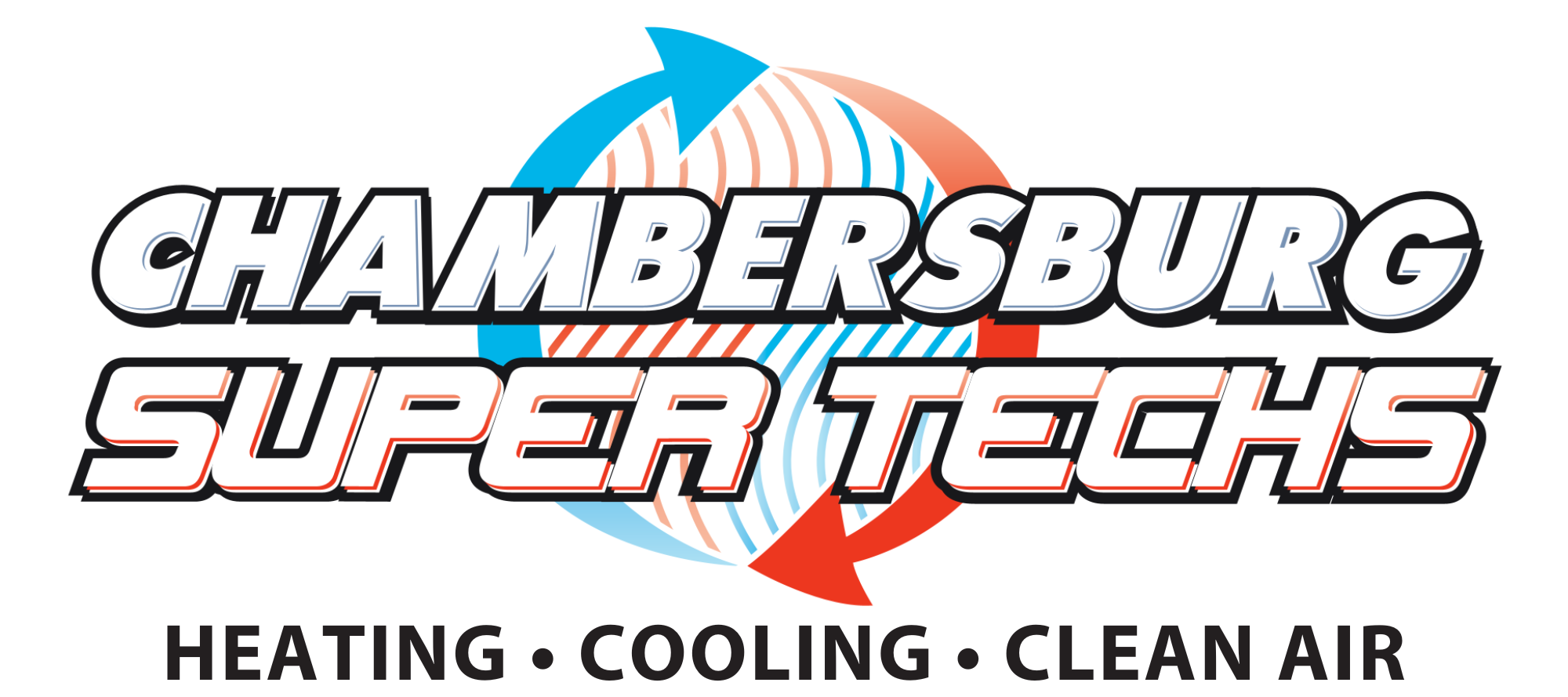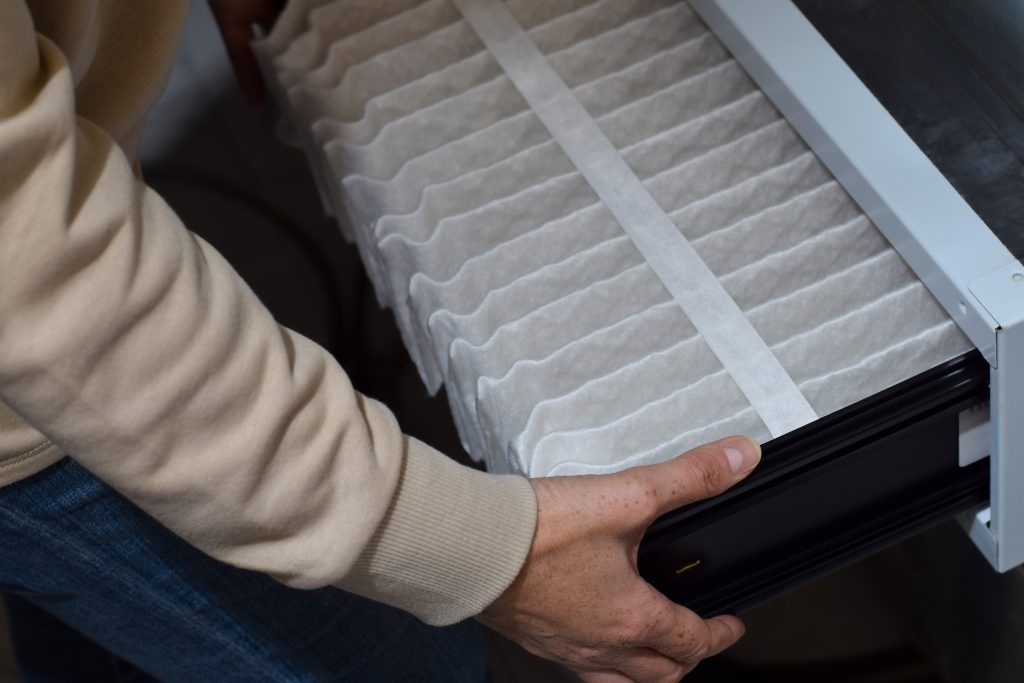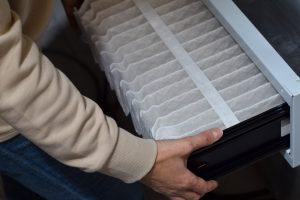Most homeowners have been there: life gets busy, and before you know it, months have passed since you last thought about your AC filter. It’s tucked away out of sight, so it’s easy to forget. But here’s the catch—ignoring that small, inexpensive filter can create big problems for your comfort, health, and wallet.
Your AC filter plays a critical role in keeping your home’s air clean and your HVAC system running smoothly. When neglected, it becomes clogged with dust, dirt, and allergens, forcing your air conditioner to work harder and less effectively. The result? Higher bills, more breakdowns, and a home that still feels uncomfortable even when the AC is running.
In this guide, we’ll dive into the importance of AC filters, what happens if you don’t change them, and how staying on top of filter changes can save you headaches—and money.
The Purpose of an AC Filter
An AC filter isn’t just about catching dust; it’s one of the most important parts of your HVAC system. Here’s what it does:
- Traps particles like dust, pet dander, pollen, mold spores, and smoke.
- Protects the system by preventing dirt from clogging coils and fans.
- Improves indoor air quality, helping everyone in the home breathe easier.
There are several types of filters:
- Fiberglass filters: inexpensive, but offer minimal filtration.
- Pleated filters: higher efficiency, better at trapping fine particles.
- HEPA filters: trap the smallest particles, great for allergy sufferers.
- Washable filters: reusable but require frequent cleaning.
Most homes should have filters replaced every 1–3 months, though households with pets, smokers, or allergy sufferers may need more frequent changes.
What Happens If You Don’t Change Your AC Filter?
Letting your AC filter go unchanged creates a chain reaction of problems. Here are the biggest ones:
1. Reduced Airflow and Comfort
When your filter is clogged, air struggles to pass through it. Less airflow means your AC can’t circulate cool air effectively. Some rooms may stay warm, while others barely get air at all.
2. Higher Energy Bills
A dirty filter forces your AC to run longer cycles to maintain the set temperature. The Department of Energy estimates that replacing a clogged filter can lower your air conditioner’s energy consumption by 5–15%. Neglecting it means wasted energy and higher utility bills.
3. Increased Wear and Tear on the System
When the system works harder, parts like the fan motor and compressor take on more strain. Over time, this accelerates wear and shortens the lifespan of your HVAC system.
4. Poor Indoor Air Quality
A clogged AC filter can no longer trap dust and allergens effectively. Instead, these particles circulate back into your home, aggravating allergies, asthma, and respiratory issues.
5. Frozen Evaporator Coils
Restricted airflow means less warm air reaches the evaporator coils. Without enough airflow, the coils can freeze over, leading to complete system shutdown and costly repairs.
6. Risk of System Overheating or Failure
When airflow is blocked, motors can overheat. In extreme cases, your AC might fail entirely—turning a $20 filter replacement into a multi-thousand-dollar repair or replacement.
7. Mold and Musty Odors
Moisture trapped in a dirty filter creates a breeding ground for mold. This not only leads to musty smells but also spreads harmful spores through your air ducts.
Warning Signs Your AC Filter Needs Changing
Not sure if your filter is overdue? Watch for these signs:
- Rising energy bills without increased usage.
- Weak airflow from vents.
- Excessive dust on vents, furniture, or around return air grilles.
- Longer cooling cycles where the AC runs but struggles to cool.
- Worsening allergy or asthma symptoms indoors.
If you notice any of these, your AC filter may already be clogged.
How Often Should You Change Your AC Filter?
The general rule is to change filters every 90 days, but circumstances matter:
- Homes with pets: Every 1–2 months.
- Allergy sufferers: Every 1–2 months during peak seasons.
- Large families: Every 1–2 months due to higher dust/dander.
- Vacation homes: Every 6–12 months, since usage is low.
A good tip: write the installation date on the filter and set a calendar reminder. Some homeowners even sign up for filter delivery services to stay consistent.
How to Change an AC Filter (Step-by-Step)
Changing an AC filter is simple and takes just a few minutes. Here’s how:
- Turn off your HVAC system for safety.
- Locate the filter — usually behind the return air vent or in the furnace/air handler.
- Remove the old filter and note its size (marked on the frame).
- Check airflow direction (arrows on the filter indicate proper installation).
- Insert the new filter and secure it in place.
- Turn the system back on and enjoy improved airflow.
It’s one of the easiest home maintenance tasks you can do, and the payoff is huge.
Benefits of Regularly Changing Your AC Filter
Changing your AC filter regularly leads to:
- Better airflow and comfort throughout your home.
- Lower utility bills due to improved efficiency.
- Longer system lifespan, saving thousands on early replacement.
- Cleaner indoor air, reducing allergens and dust.
- Prevention of breakdowns, saving money on emergency repairs.
A $15 filter change can prevent a $1,500 repair—that’s a trade every homeowner should make.
When to Call an HVAC Professional
Sometimes, changing the filter isn’t enough. Call a professional if:
- Your AC is still struggling after a new filter is installed.
- You notice frozen coils or water pooling around the unit.
- Airflow remains weak despite a clean filter.
- The system shuts down frequently or won’t start.
Professional maintenance keeps your system in peak condition. A technician can clean coils, inspect ductwork, and ensure your AC filter is doing its job.
Don’t Let a Dirty AC Filter Cost You
It’s easy to underestimate the importance of an AC filter. But skipping this simple step can lead to higher bills, poor air quality, system breakdowns, and costly repairs.
Changing your filter regularly is the easiest, cheapest way to protect your HVAC system and your family’s comfort. If you’re not sure which filter is right for your system, or if your home still feels uncomfortable after replacing it, call the experts.
Chambersburg Super Techs is here to help you keep your AC running efficiently, your air clean, and your home comfortable year-round.




